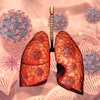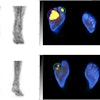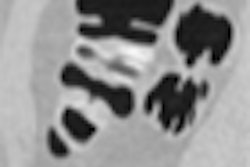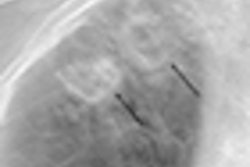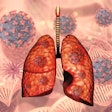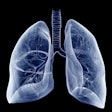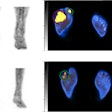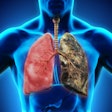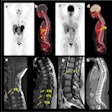An intensive program of surveillance, precautions, training, and feedback appears to have helped reduce the rate of methicillin-resistant Staphylococcus aureus (MRSA) over a 15-year period, according to a report in the March 22 issue of Archives of Internal Medicine.
The study comes from the Assistance Publique - Hôpitaux de Paris, which administers 38 teaching hospitals in Paris and surrounding suburbs. Dr. Vincent Jarlier, Ph.D., of Groupe Hospitalier Pitié-Salpêtrière in Paris is the lead author (Arch Intern Med, Vol. 170:6, pp. 552-559).
The program, based on guidelines published by national agencies, focused on isolating patients with MRSA in single-bed rooms, promoting hand hygiene and the use of alcohol-based hand rub, active surveillance of high-risk patients, quick notification of MRSA cases, and feedback on the results.
Between 1993 and 2007, the rate of MRSA decreased approximately 35%, both as the proportion of MRSA among all strains (a decrease from 41% to 27%) and as the incidence of MRSA cases (from 0.86 to 0.56 per 1,000 days in the hospital). The rate decreased more significantly in intensive care units (a 59% decline) than in surgical (44%) or medical (32%) wards.
In addition, the use of alcohol-based hand rub increased steadily from 2 L to 21 L per 1,000 hospital days following the campaign.
The results show that "a sustained reduction of MRSA burden can be obtained at the scale of a large hospital institution with high endemic MRSA rates, providing that an intensive program is maintained for a long period," the authors wrote.
Related Reading
October named MRSA Awareness Month, August 25, 2009
Study finds bacterial contamination on portable x-ray units, August 13, 2009
Virus outbreaks put scrutiny on infection control practices, August 10, 2009
Survey: MRI centers lack infection control, May 28, 2009
11 steps for preventing MRSA infections in MRI, November 6, 2008
Copyright © 2010 AuntMinnie.com

